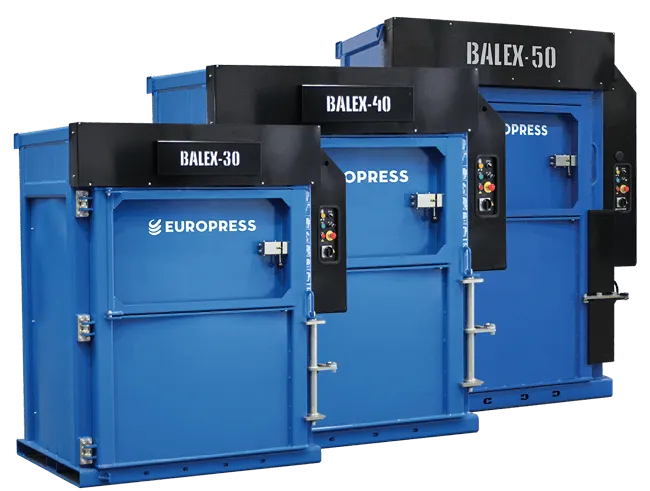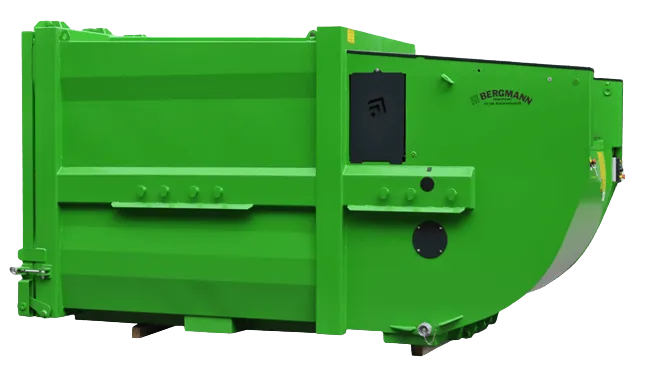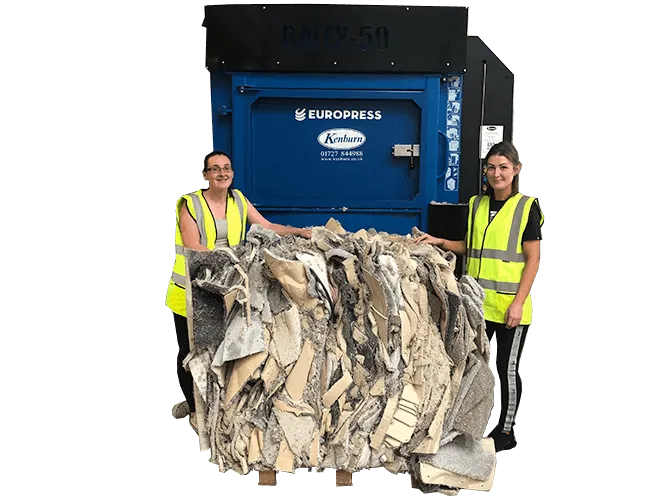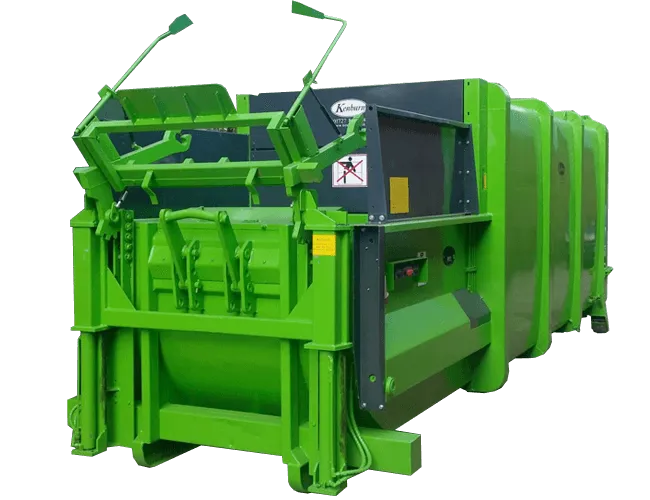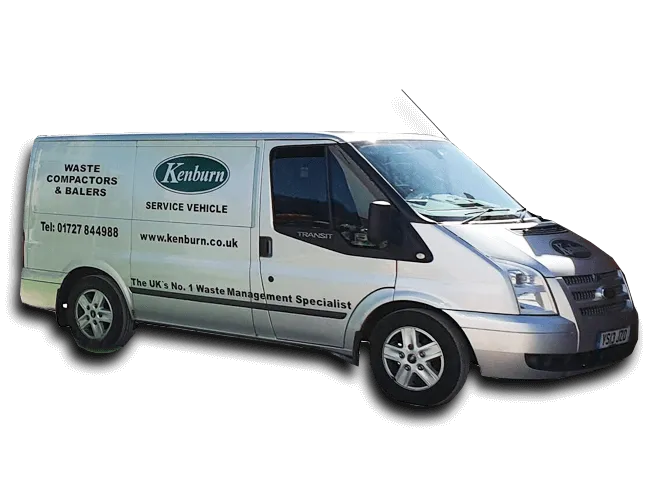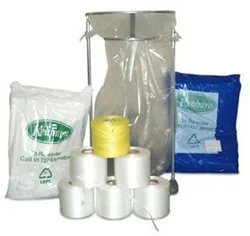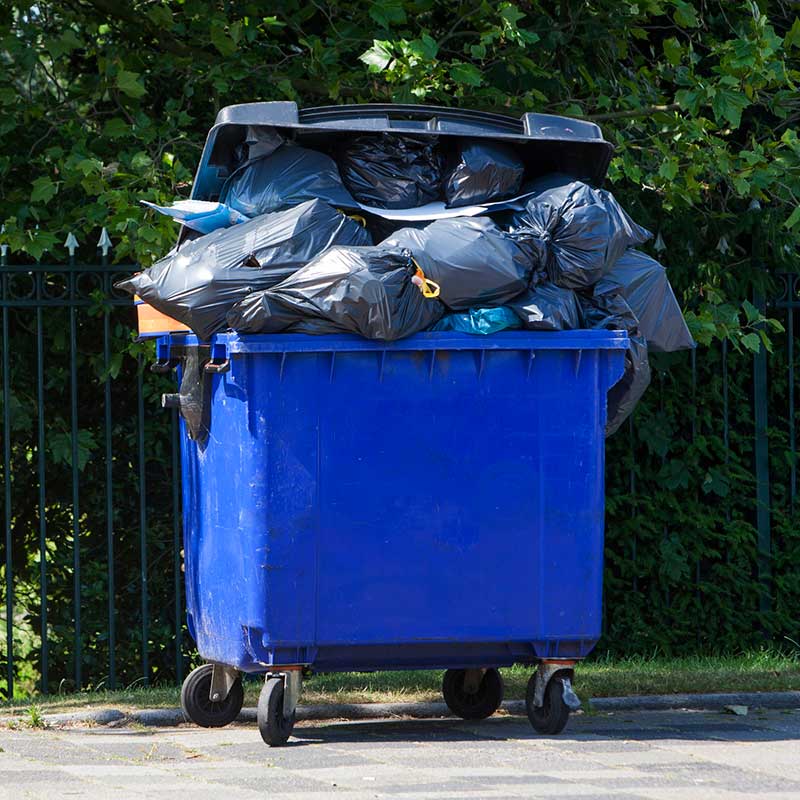 Every successful business has one thing in common – they recognise the value of cost-efficiencies and do whatever they can to maximise them. For small businesses, this can mean trimming the fat wherever possible and finding ways to shave pennies off as many bills as they possibly can. For larger businesses, this can mean finding ways to take advantage of economies of scale by thinking big and looking at how they can streamline their processes to reduce wastage, save time and improve the efficiency of every step of their production.
Every successful business has one thing in common – they recognise the value of cost-efficiencies and do whatever they can to maximise them. For small businesses, this can mean trimming the fat wherever possible and finding ways to shave pennies off as many bills as they possibly can. For larger businesses, this can mean finding ways to take advantage of economies of scale by thinking big and looking at how they can streamline their processes to reduce wastage, save time and improve the efficiency of every step of their production.
Waste management is an area which is often overlooked when it comes to saving money, perhaps because waste is often considered a necessary evil of doing business, but the potential savings can be significant. There are a variety of ways that organisations can reduce their bills through effective waste management, meaning there are options for businesses in all industries and of all sizes.
1. Start to understand your waste
The matter of waste is easily overlooked when businesses seek to increase their efficiency, but having a thorough understanding of the type, amount and source of the waste that is produced is the best way to start to reduce the cost of managing your waste. While many large businesses keep track of their waste as a matter of course, small business owners may not realise that doing so could help them to identify areas in which they could be making savings.
It may not be apparent, for example, that your business is producing more recyclable waste than you might have realised, particularly if that is being disposed of alongside general waste. Being able to predict when waste is likely to be generated may also increase the potential to make more effective use of the storage space allocated to waste and could also help you to identify a more efficient way of disposing of your waste by using a specialist company for example.
2. Recycling in your business
Businesses which produce potentially recyclable waste could usually be disposing of it in a more effective way. Many businesses fail to recycle as much waste as they could because they struggle to ensure that their waste is stored in a way that protects it from cross-contamination with other substances, depleting or eliminating its value to recycling companies.
Companies which can find a way to manage their recyclable waste to ensure that it’s processed and stored in a way that doesn’t leave it exposed to potential contaminants can use their waste to generate additional income as well as reducing the cost of disposing of it themselves in the form of landfill taxes. This cost-saving is dependent on having the correct storage facilities to keep your waste clean and using technology to improve the way in which you deal with your waste.
3. Start to minimise business waste
Identifying the types and quantities of waste you are producing can help you to find ways to minimise how much refuse you are actually disposing of, but there are also advantages to compacting your waste. By avoiding having towers of card or boxes of cans lying around your workplace, you can use your space more effectively and make your processes more efficient. Using waste compactors or balers means that you have an easily identifiable place to store different types of waste which ultimately produce neat and tidy bales of segregated refuse which can be disposed of much more easily than piles, boxes or bags of unsorted rubbish.
4. Start to negotiate!
Once you have identified how much waste you are producing and how it could be monetised, you are in a position to haggle with the companies that dispose of it. For some types of waste, local handlers may be more cost effective, whereas others may be better dealt with by specialists, even if that means they come from further afield. Having your waste already prepared in neat bales can help you to get a better deal from waste management companies, so it’s always worth doing your research and speaking to the experts about how you could process your waste more efficiently.

